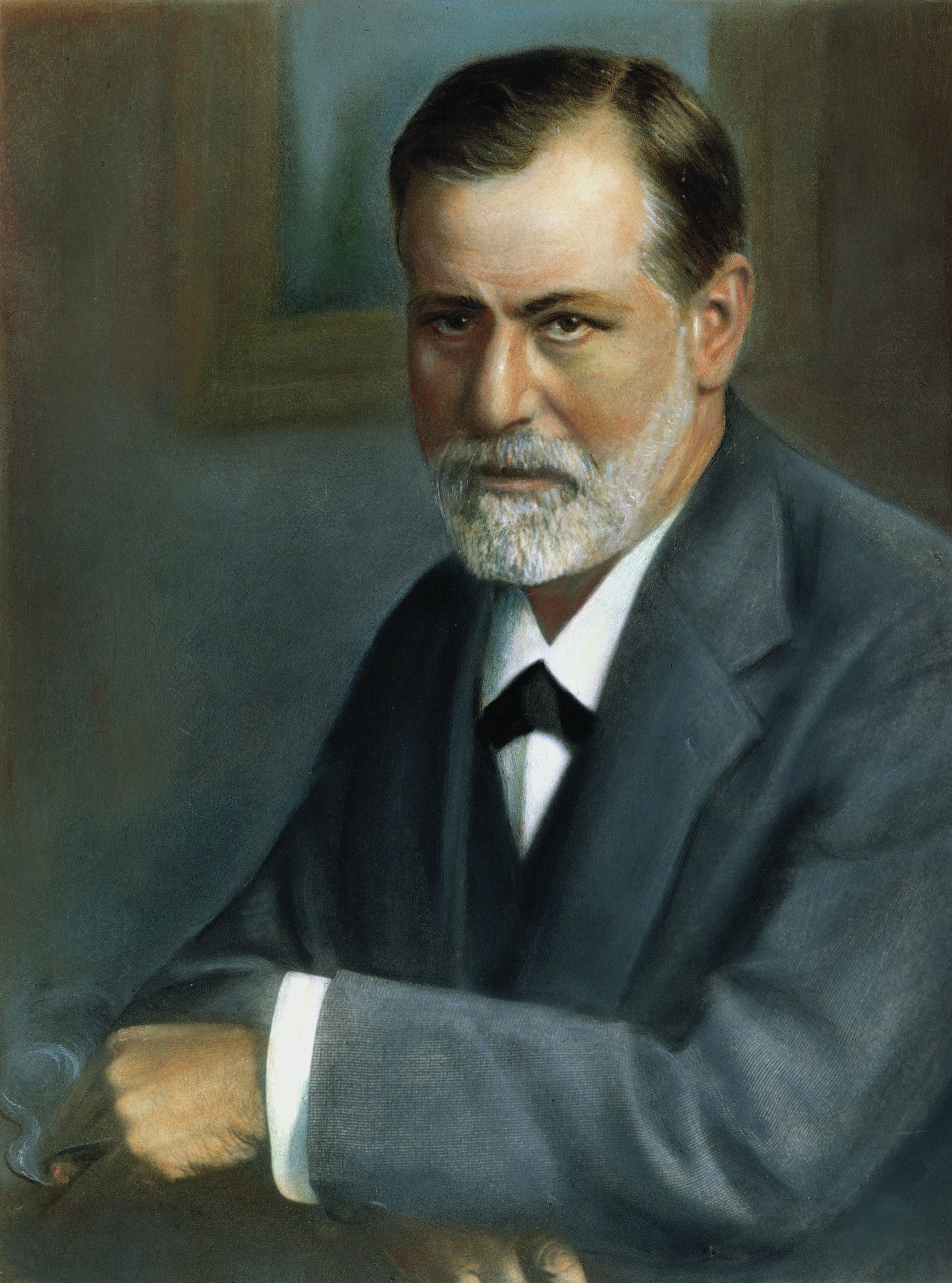
There is a huge ambivalence in psychology’s relationship with the Viennese analyst. While we have mined his ideas shamelessly and used them in countless contexts, his work is often held at arm’s length as not being ‘proper’ psychology in some way. As Michael Billig put it in 2006:
During the 1950s and early 1960s, the image of the psychologist in popular culture was that of a psychoanalyst — usually male, bearded and speaking with a heavy accent. When I went off to study psychology, along with many others, I expected to hear lectures on the works of Dr Freud and to be taught how to uncover the secret meanings of dreams. It was a shock, then, to discover that psychology was about rats, electric shocks and IQ tests. If the lecturers mentioned Freud, it was with a sneer and a dismissive wave of the hand.
Your organisation does not have access to this article.
Sign up today to give your students the edge they need to achieve their best grades with subject expertise
Subscribe




